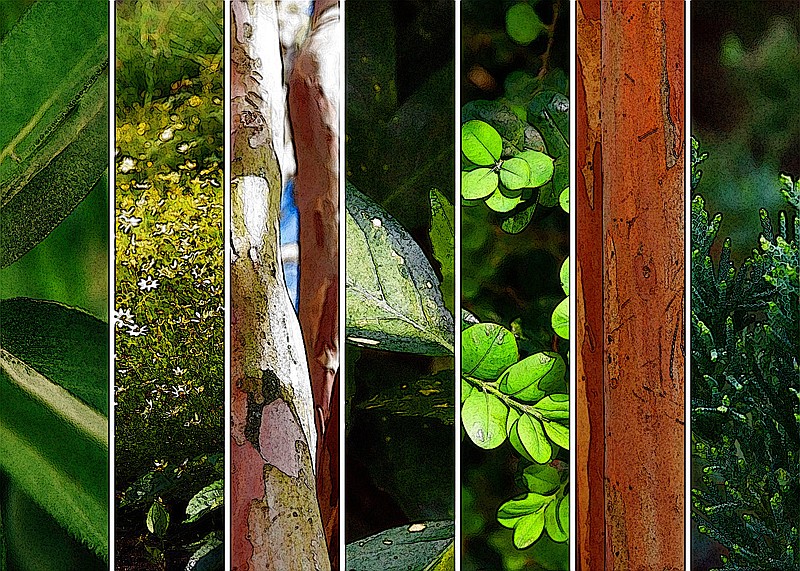Florida oranges. Georgia peaches. Tennessee ... um ...
Can you fill in the blank?
Soybeans, maybe? Irises? Kudzu?
Researchers with the University of Tennessee Institute of Agriculture are looking to the public for answers about the plants that most represent Tennessee.
How to participate
› Go to the website tenplants.tennessee.edu by July 31.› Answer three questions: the name of the plant, type of benefit (one of six categories) and any thoughts you have on how the plant has changed Tennessee.› Fill in your email address if you wish to be kept up-to-date on the project.› Click submit.
Your contributions will be more than just a fun exercise. Nominations for the "Top 10 Plants That Changed Tennessee" will be evaluated by a panel of experts who will ultimately decide upon an official list of the 10 individual plants that have had the broadest impact on Tennessee, whether through their beauty or utility. The information will then be used to create educational curricula for Tennessee's elementary schools.
Participants may submit the name of a single plant that fits into one of six categories: food, economy, health, history, landscape and spiritual/cultural. Plants will be judged by their impact - either positive or negative - across the state's history.
Natalie Bumgarner and Andy Pulte, faculty members with the UT Department of Plant Sciences, are heading up the project.
"Plants influence almost every aspect of our lives," says Bumgarner. "We eat them, wear products made by them and sometimes even choose where we live because of them."
Pulte says the project already includes a lesson plan for teachers to get students in grades K-5 thinking about the importance of plants throughout the state's history, including their importance to today's economy. The researchers sent a letter to teachers in mid February outlining class activities and asking teachers and students to submit nominations by the end of the school year.
Nominations from the general public are open through July 31.
"We hope to have a definitive list for future curricula by the beginning of the next school year," Pulte says.
